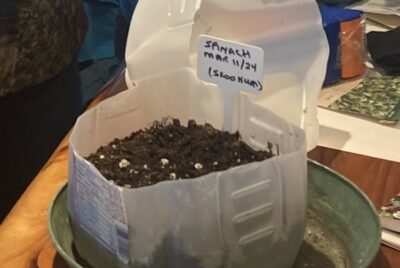RESEARCH
A Case Study of Horticultural Instruction as Education of Vocational Rehabilitation: Effects of Horticulture Job Skill Course Based on Employment Practice Model on Personal Performance Indicator of Vocational Rehabilitation for University Students with Disability
Summary
This study examines the effectiveness of a horticulture job skills course, based on an employment practice model, on improving the vocational rehabilitation performance of university students with disabilities. The course combined classroom learning with practical experience, including field placements and service learning, to teach specific job skills like planting, managing plants, packing products, and cleaning. A focus group of industry and academic experts helped develop the employment practice model, and students were assigned job coaches as mentors to help them apply their skills in real-world settings.
The study compared an experimental group of students with disabilities who participated in the horticulture job skills course to a control group who only took a regular horticulture course focused on theory. The results showed that the experimental group made significant improvements in their vocational functioning skills, while the control group did not. The study concludes that horticulture education, delivered through an employment practice model that includes hands-on experience and individualized mentoring, is effective in improving the vocational rehabilitation performance of university students with disabilities.







